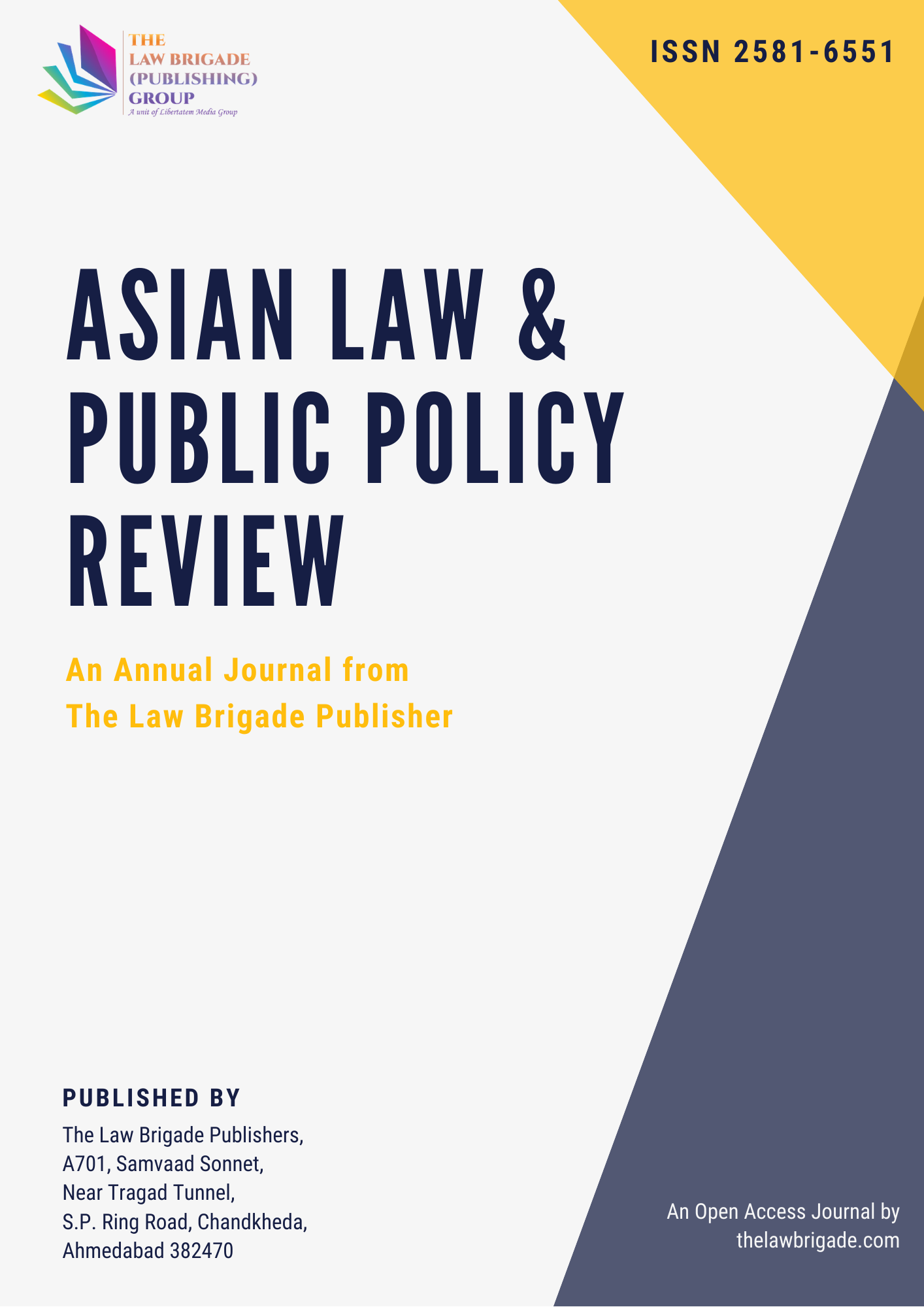The Common Law Parol Evidence Rule, is a principle of restraint in contract interpretation derived from common law courts[i] (specifically inclusive of the jury system, i.e., the United States of America- U.S.A, since 1630)- excluding the consideration of preceding, contemporaneous (oral- specifically exempting written stature), and successive (subject to jurisdiction: i.e., allowed in the U.S.A, but barred in the United Kingdom- U.K) statements, agreements, and conduct (oral, written and behavioural- subject to jurisdictional requisite) deemed ‘extrinsic/Parol evidence’, in the contrary/alternative interpretation of contracts, in the presence of attributed ‘written stature’ (expressly representative of the intentions of the parties). The objective of the rule is to sanctify the ‘written stature’ of contracts, with the attribution of inherent finality and determinative impetus. Post initial conception by common law courts as a tool, to direct the attention of juries, towards the specific written provisions of contracts subject to litigation, inhibiting bias upon the consideration of irrelevant prior evidence, being agreement/statement/conduct (not mutually exclusive)[ii], capable of impeding the textual interpretation of contracts; the Evidence Parol Rule, has been subject to manifestation/rejection (wholly/partially), across several legal systemic-integration efforts, bearing legislative impetus- i.e., the United Nations Convention on Contacts for the International Sale of Goods (CISG), the International Institute for Unification of Private Law (UNIDROIT PICC) Principles of International Commercial Contracts, Principles of European Contract Law (PECL), the Restatement (Second) of Contracts and the Uniform Commercial Code (UCC) [in the context of the U.S.A] and jurisdictions (including the U.S.A, the U.K, India- being a partial integration jurisdiction according to precedent and statute such as the Indian Evidence Act 1872 and the Indian Contracts Act 1872, and civil law frameworks such as Japan, France and Germany). The whole/part acceptance/rejection of the Evidence Parol Rule, determines the fundamental scope of Contract Interpretation in a Jurisdiction, and upon explaining the process, the objective of this essay, is to substantiate the Jurisdictional Arbitrage Potency of the Indian Contract Law Regime, along the lines of preserving ‘Contractual Purity’.
[i] CISG-AC Opinion no 3, Parol Evidence Rule, Plain Meaning Rule, Contractual Merger Clause and the CISG, 23 October 2004. Rapporteur: Professor Richard Hyland, Rutgers Law School, Camden, NJ, USA.
Open-access at: https://digitalcommons.pace.edu/pilr/vol17/iss1/3/.
[ii] Charles McCormick, Handbook of the Law of Evidence §§ 210-11 (1954).





